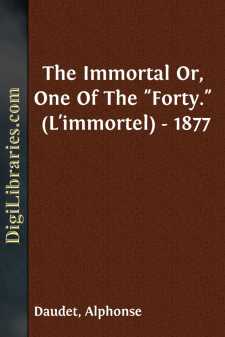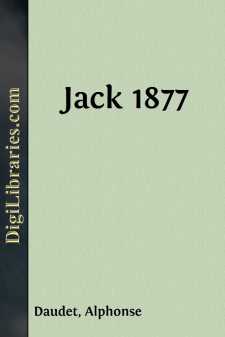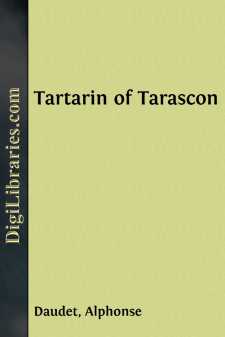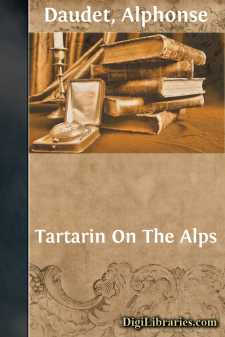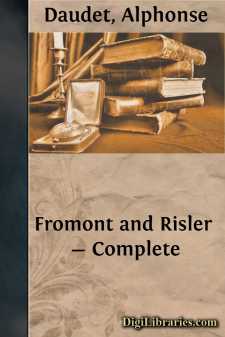Categories
- Antiques & Collectibles 13
- Architecture 36
- Art 48
- Bibles 22
- Biography & Autobiography 813
- Body, Mind & Spirit 142
- Business & Economics 28
- Children's Books 15
- Children's Fiction 12
- Computers 4
- Cooking 94
- Crafts & Hobbies 4
- Drama 346
- Education 46
- Family & Relationships 57
- Fiction 11828
- Games 19
- Gardening 17
- Health & Fitness 34
- History 1377
- House & Home 1
- Humor 147
- Juvenile Fiction 1873
- Juvenile Nonfiction 202
- Language Arts & Disciplines 88
- Law 16
- Literary Collections 686
- Literary Criticism 179
- Mathematics 13
- Medical 41
- Music 40
- Nature 179
- Non-Classifiable 1768
- Performing Arts 7
- Periodicals 1453
- Philosophy 64
- Photography 2
- Poetry 896
- Political Science 203
- Psychology 42
- Reference 154
- Religion 513
- Science 126
- Self-Help 84
- Social Science 81
- Sports & Recreation 34
- Study Aids 3
- Technology & Engineering 59
- Transportation 23
- Travel 463
- True Crime 29
The Immortal Or, One Of The "Forty." (L'immortel) - 1877
by: Alphonse Daudet
Description:
Excerpt
CHAPTER I.
In the 1880 edition of Men of the Day, under the heading Astier-Réhu, may be read the following notice:—
Astier, commonly called Astier-Réhu (Pierre Alexandre Léonard), Member of the Académie Française, was born in 1816 at Sauvagnat (Puy-de-Dôme). His parents belonged to the class of small farmers. He displayed from his earliest years a remarkable aptitude for the study of history. His education, begun at Riom and continued at Louis-le-Grand, where he was afterwards to re-appear as professor, was more sound than is now fashionable, and secured his admission to the Ecole Normale Supérieure, from which he went to the Chair of History at the Lycée of Mende. It was here that he wrote the Essay on Marcus Aurelius, crowned by the Académie Française. Called to Paris the following year by M. de Salvandy, the young and brilliant professor showed his sense of the discerning favour extended to him by publishing, in rapid succession, The Great Ministers of Louis XIV. (crowned by the Académie Française), Bonaparte and the Concordat (crowned by the Académie Française), and the admirable Introduction to the History of the House of Orleans, a magnificent prologue to the work which was to occupy twenty years of his life. This time the Académie, having no more crowns to offer him, gave him a seat among its members. He could scarcely be called a stranger there, having married Mlle. Rèhu, daughter of the lamented Paulin Réhu, the celebrated architect, member of the Académie des Inscriptions et Belles-Lettres, and granddaughter of the highly respected Jean Réhu, the father of the Académie Française, the elegant translator of Ovid and author of the Letters to Urania, whose hale old age is the miracle of the Institute. By his friend and colleague M. Thiers Léonard Astier-Réhu was called to the post of Keeper of the Archives of Foreign Affairs. It is well known that, with a noble disregard of his interests, he resigned, some years later (1878), rather than that the impartial pen of history should stoop to the demands of our present rulers. But deprived of his beloved archives, the author has turned his leisure to good account. In two years he has given us the last three volumes of his history, and announces shortly New Lights on Galileo, based upon documents extremely curious and absolutely unpublished. All the works of Astier-Réhu may be had of Petit-Séquard, Bookseller to the Académie.
As the publisher of this book of reference entrusts to each person concerned the task of telling his own story, no doubt can possibly be thrown upon the authenticity of these biographical notes. But why must it be asserted that Léonard Astier-Réhu resigned his post as Keeper of the Archives? Every one knows that he was dismissed, sent away with no more ceremony than a hackney-cabman, because of an imprudent phrase let slip by the historian of the House of Orleans, vol. v. p. 327: 'Then, as to-day, France, overwhelmed by the flood of demagogy, etc.' Who can see the end of a metaphor?...


